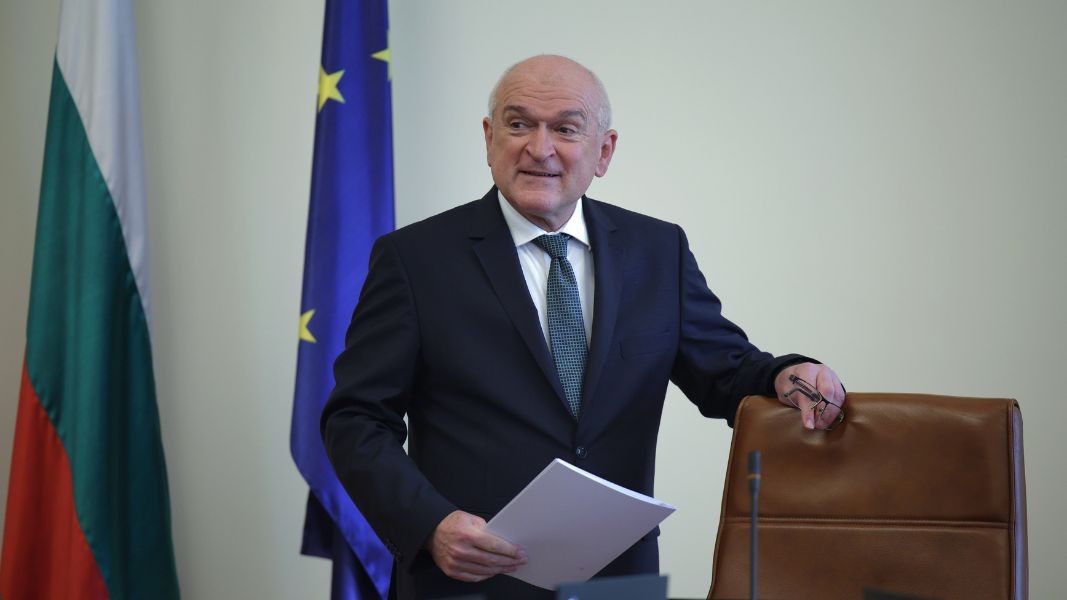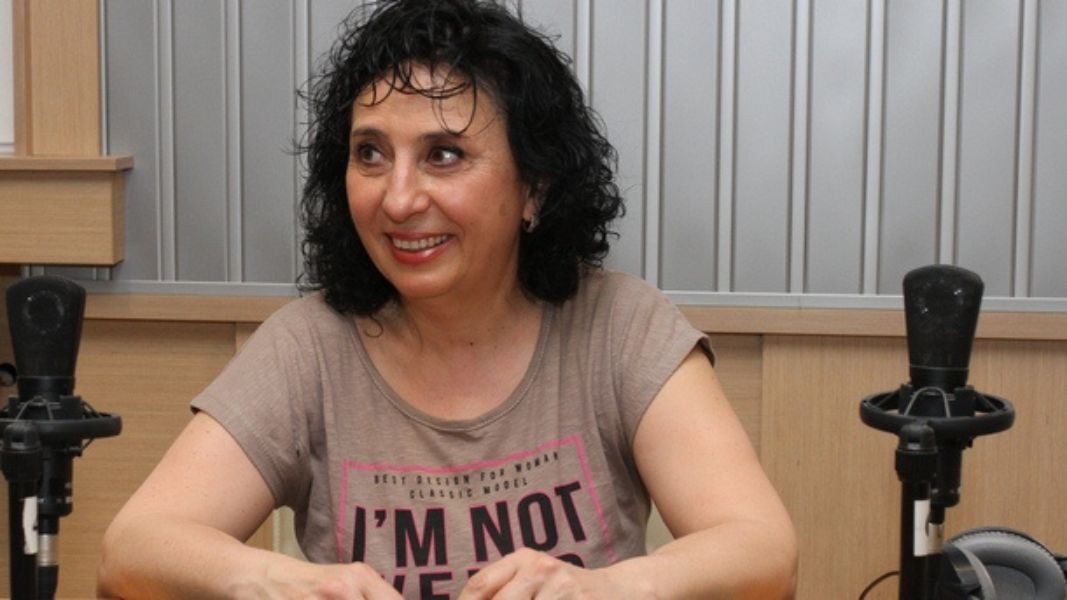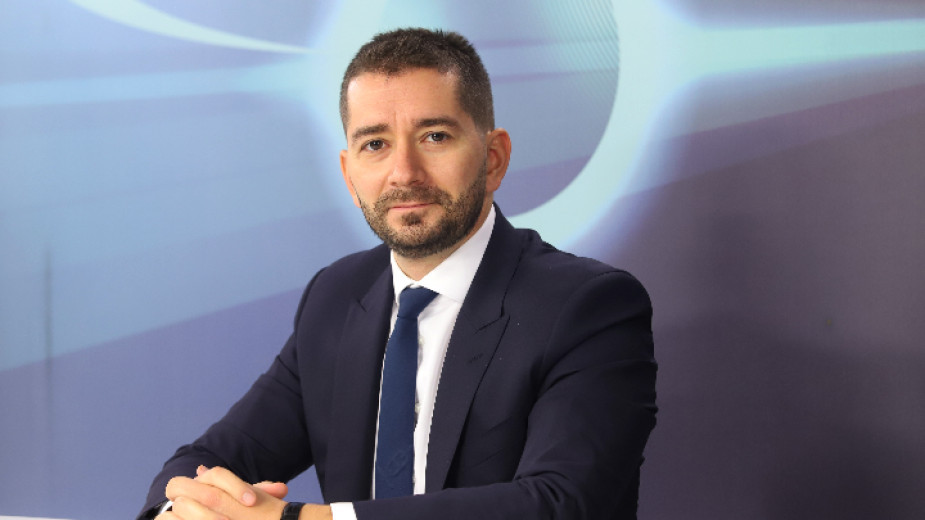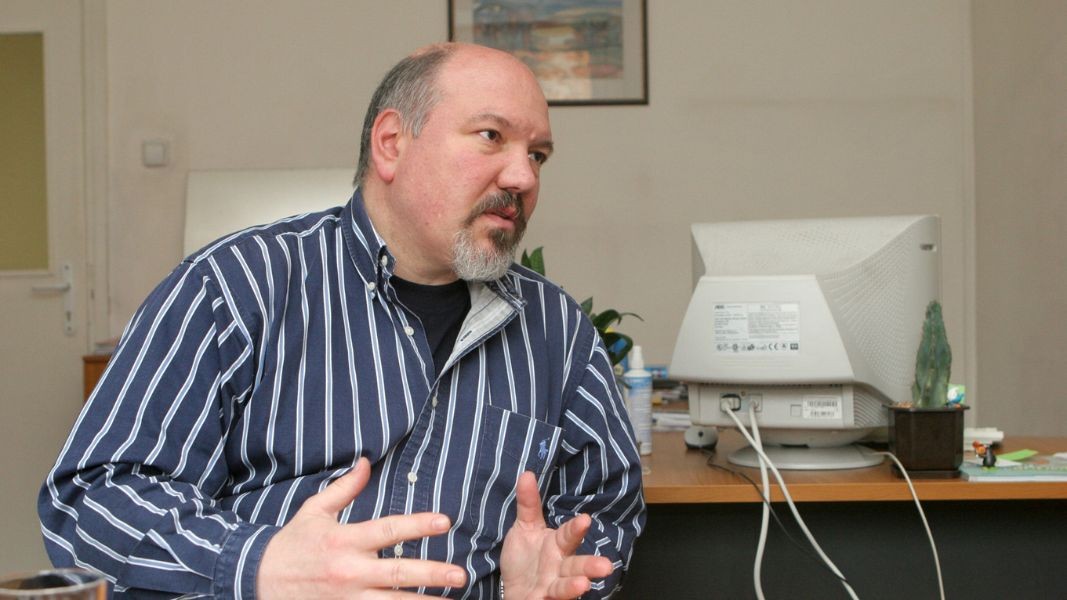Is the caretaker cabinet really a caretaker cabinet? That is the question people in this country have been asking themselves, after Dimitar Glavchev, nominated for caretaker prime minister, presented the members of his cabinet, in which there seems to be a nod to the parties which until recently ruled the country in an “assemblage” - as the We Continue the Change/Democratic Bulgaria (PP/DB) - GERB/SDS government came to be known. The caretaker cabinet was sworn in on 9 April, yet just one week later the caretaker PM asked the president to issue decrees dismissing two of the ministers from his own lineup – of foreign affairs and of agriculture. It was precisely the position of minister of foreign affairs that proved to be at the basis of one of the controversies that put a spoke in the wheel of the first, in the history of Bulgaria, rotation in the Denkov-Gabriel cabinet. Ultimately, this morning, after a lot of back-and-forth, President Rumen Radev issued a decree appointing Dimitar Glavchev to the post of caretaker minister of foreign affairs, and Georgi Tahov to the post of caretaker minister of agriculture and food.

What Dimitar Glavchev initially proposed was that, instead of diplomat Stefan Dimitrov, Daniel Mitov, who is deputy chair of GERB party and former foreign minister, take over as foreign minister in the caretaker cabinet. This reinforced the distrust in the caretaker cabinet’s ability to handle its principal task – that of organizing fair and transparent early elections for National Assembly of Bulgaria on 9 June, at the same time as the election for European Parliament. The important rule – that the ministers in the caretaker government be equidistant from all political forces – seems to have been violated, and President Rumen Radev initially delayed the issuing of decrees for replacing the cabinet ministers in question to give the premier time to amend his proposals. Meanwhile Daniel Mitov withdrew his consent to be appointed caretaker foreign minister and stated in parliament: “I mustn’t turn into a bone of contention that will divide society and prevent the institutions from functioning.”
The parties represented in parliament demanded a vote of no confidence in the caretaker cabinet, and caretaker PM Dimitar Glavchev proposed to President Radev that he himself double up as foreign minister. Rumen Radev described the idea as “avant-garde”, adding that Glavchev “obviously did not comprehend, as yet, what he has on his plate as premier”.
Here is how analysts comment on the political situation:
“The caretaker cabinet, following the previous rules of formation, but also the newly adopted rules as well, has the task of organizing the elections, but as any other governing body, it is political,” political analyst Assoc. Prof. Albena Taneva says. “This is not a new problem, we have seen prominent political figures, coming from the entire political spectrum, in many caretaker cabinets. It would be appropriate to note that rash action in any body of governance, as in all human activity, usually entails all sorts of risks and surprises for all involved.”
The position of foreign minister is obviously the hot potato in the cabinet – as soon as the prospective cabinet lineup was presented one of the nominees was replaced, and just days after they took their vows – another change was demanded. This is something some analysts find worrisome. No clear motives have been given for the replacement of the caretaker minister of foreign affairs, says journalist Petar Karaboev: 
“The decision who should be foreign minister does not affect the ministry as such all that much. Structures, an administration of this kind should be able to function even when there is a vacancy at the top. What makes this case sensational is that just 9 days had passed since the prospective cabinet was presented, and this is the second time a change was demanded. The demand for a minister to be replaced after just one week in office is absurd. We never heard any clear motives as to why.”
“The president had the unpleasant choice of not signing the decree for replacing these ministers which would leave the previous ministers in office. That would only engender more tensions in society and in the political class,” comments political analyst Slavi Vassilev, and adds that the political situation in the country “defies common sense”: 
“After taking the president’s role in forming caretaker cabinets away from him - which in the past three years had actually turned into an alternative to the power held by the National Assembly - Peevski, Borissov and Petkov decided to deprive Rumen Radev of the capacity of forming a political alternative.”
The responsibility for the caretaker government rests with those who set down the rules for the way it is formed – parliament, says: 
“We are in uncharted territory. When the time comes the Constitutional Court will issue its ruling, so, for now we cannot say with any certainty what the legal framework is. What we can do is reason above the political framework,” says Alexander Marinov. “Many asked themselves who needed all that activity by Boyko Borissov (leader of the biggest political force in parliament GERB – editorial note), who is giving the caretaker premier advice on who to get rid of and who to put in their place. The truth is that this was a test and a provocation to the president – whether he will bend under the pressure. But Radev is not the kind of man to bend, and he explicitly objected to this approach, including in view of the person in question. Mitov withdrew. So, that is over. It was clear that appointing a sitting deputy chair of one of the leading political forces is a really bad option. In view of that the president had every reason to oppose the idea.”
More:
Interviews by Diana Yankulova, Lyudmila Zhelezova, Daniela Goleminova, Snezhana Ivanova, Horizont channel, BNR
Compiled by Yoan Kolev
Translated and posted by Milena Daynova
Photos: BGNES, BTA, Ani Petrova, BNR
Türkiye commemorates the victims of the devastating earthquakes of 2023 Türkiye honored the memory of the victims of the earthquakes of February 6, 2023, when 7.7-magnitude tremors in southeastern Turkey levelled entire..
In mid-January this year, eight Bulgarian cultural and educational associations from Bosilegrad, Tsaribrod, Zvontsi, Vranje, Pirot and Niš sent an open letter to the President of Serbia, Aleksandar Vucic, the Ombudsman, Zoran Pasalic, the Delegation of..
Fire kills dozens in Turkish mountain resort Kartalkaya 78 people died in a hotel fire in the Turkish ski resort of Kartalkaya in north-western Turkey. Celebrities and entire families were among the dead, and dozens..

+359 2 9336 661
